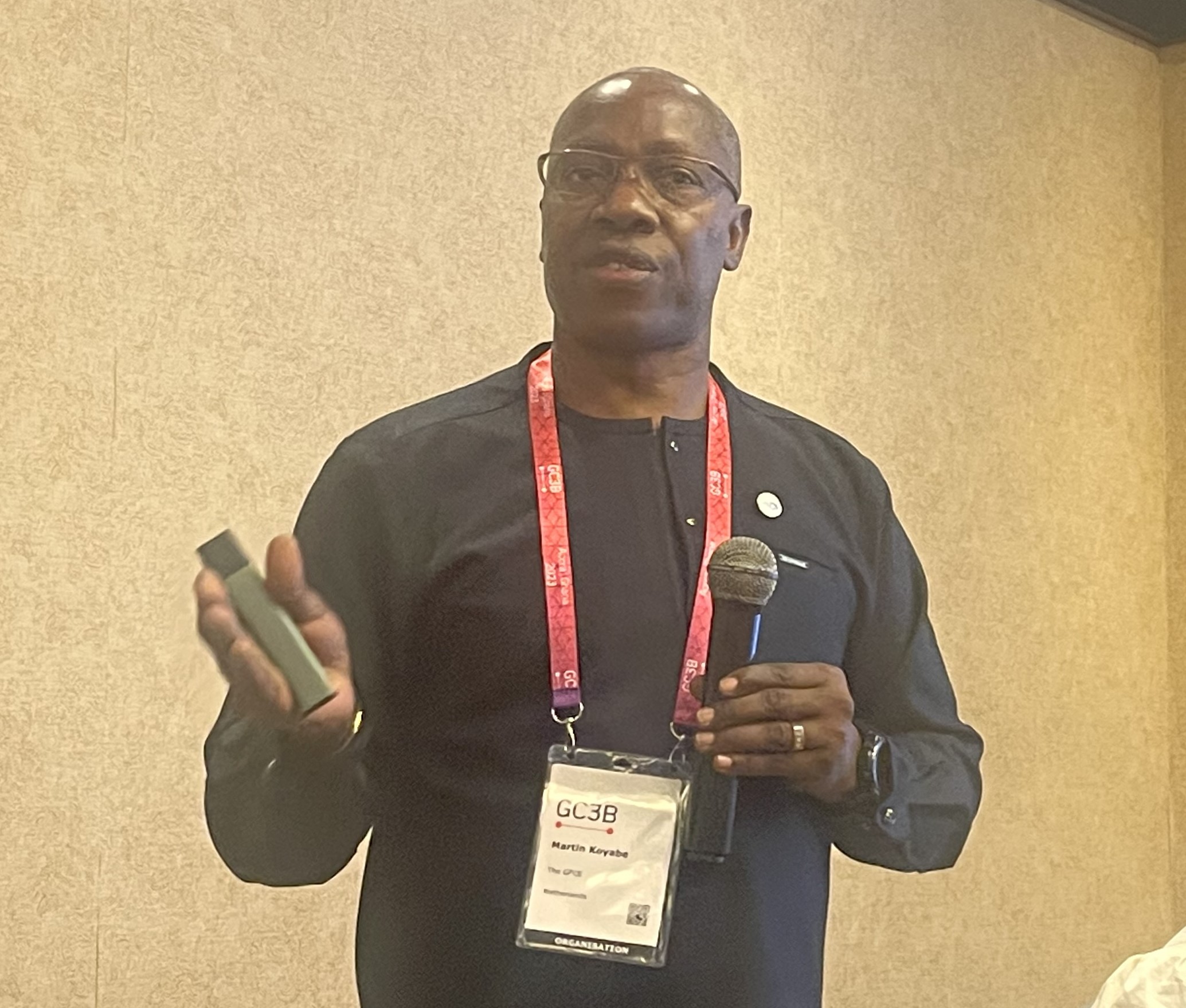

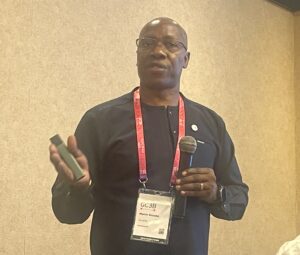
The Global Forum on Cyber Expertise has observed that with a population of over 13 billion people and more than 590 million registered Internet users, Africa is believed to be experiencing a cyber revolution, which points towards an Internet economy with the potential to reach $180 billion by 2025 and more than triple to $712 billion by 2050.
However, this digital transformation accompanied by an unprecedented population growth faces the threat of growing cybercrime and related cyber threats.
African countries are therefore being called upon to see investments in cybersecurity as important and spend more money on the sector, because if they don’t the cost would be higher.
They have also been called upon to pursue cybersecurity strategies and frameworks that respect human rights and fundamental freedoms.
Digitalization is now a big part of how things work. It permeates governance, economics and everyday life, making the integration of cyber resilience across all the facets of life and work necessary.
Making a presentation on the Africa Capacity Agenda for Cyber Capacity Building at the two-day Global Conference on Cyber Capacity Building held in Accra November 29 and 30, 2023, Dr Martin Koyabe of the Global Forum on Cyber Expertise noted that the increasing rate of cybercrime is affecting livelihoods, economic stability and national sovereignty.
He said cyberattacks have targeted all entities and institutions across Africa causing substantial financial losses.
While acknowledging that some progress has been made, he said many African countries still struggle with inadequate cybersecurity infrastructure. He therefore urged African countries to invest in their youth through cyber capacity building programmes.
Sharing the Africa Agenda on Cyber Capacity Building (AA-CCB) he said the Agenda advances actions and priorities that aim to enhance coordination and identification of successful policies, practices and ideas in Africa.
In a 2022 report, INTERPOL says Africa is seeing increases in illicit drug and human trafficking, organized crime, terrorism, financial crime and corruption. This disturbing situation has been found to be one way or the other leveraged by phishing and ransomware, botnets and other forms of social engineering.
The CCB programmes therefore, urge African countries to look at the following priority areas which include facilitating the development and amendment of national cybersecurity strategy adopted by each country.
Advocate for the establishment of national cybersecurity legislation, policies and regulatory framework; advocate for the establishment and support national, regional and continental computer emergency/incident response teams, among others.
Further in his presentation Dr Koyabe called on African countries to support the adoption of continental frameworks to enable them to develop or enhance their cybersecurity strategies at national, regional and continental levels.
He called for action to strengthen national capacities for the implementation of the agreed norms of responsible state behaviour, as well as among other things, promote the development of a cybersecurity strategy or framework, respectful of human rights and fundamental freedoms in each AU member state.
The two-day conference under the theme: “Cyber Resilience for Development,” was co-organised by the Global Forum of Cyber Expertise (GFCE), the World Bank Group, the Cyber Peace Institute, the World Economic Forum and Ghana’s Cyber Security Authority under the leadership of the Ministry of Communications and Digitalisation.
By Emmanuel K Dogbevi
Copyright ©2023 by NewsBridge Africa
All rights reserved. This article or any portion thereof may not be reproduced or used in any manner whatsoever without the express written permission of the publisher except for the use of brief quotations in reviews.
The post African countries urged to invest more into cybersecurity systems that respect human rights appeared first on Ghana Business News.
Read Full Story










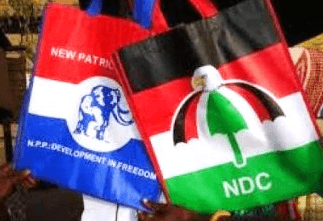

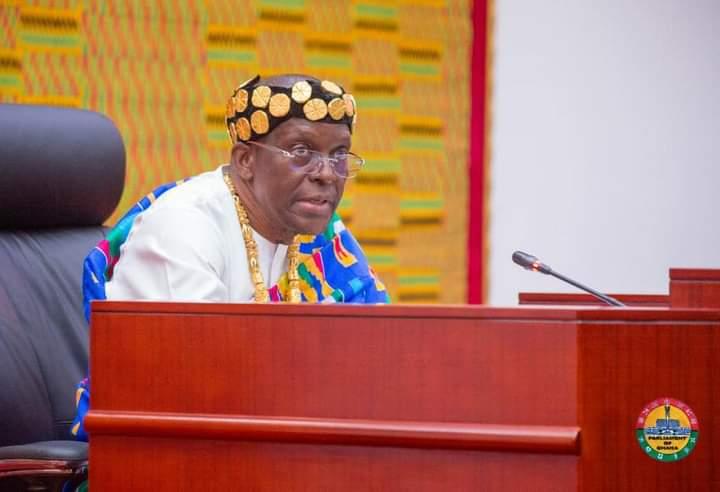







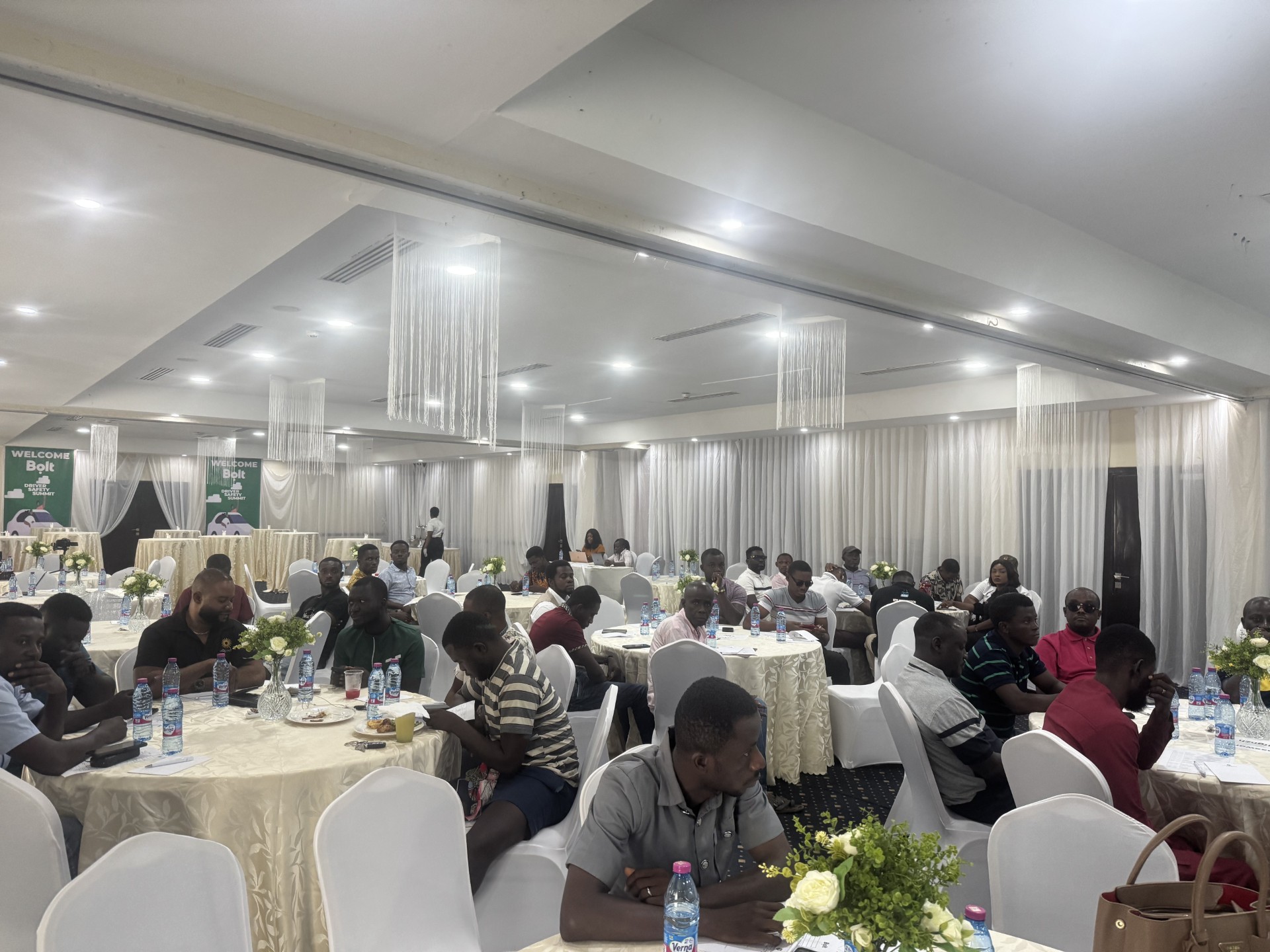
Facebook
Twitter
Pinterest
Instagram
Google+
YouTube
LinkedIn
RSS